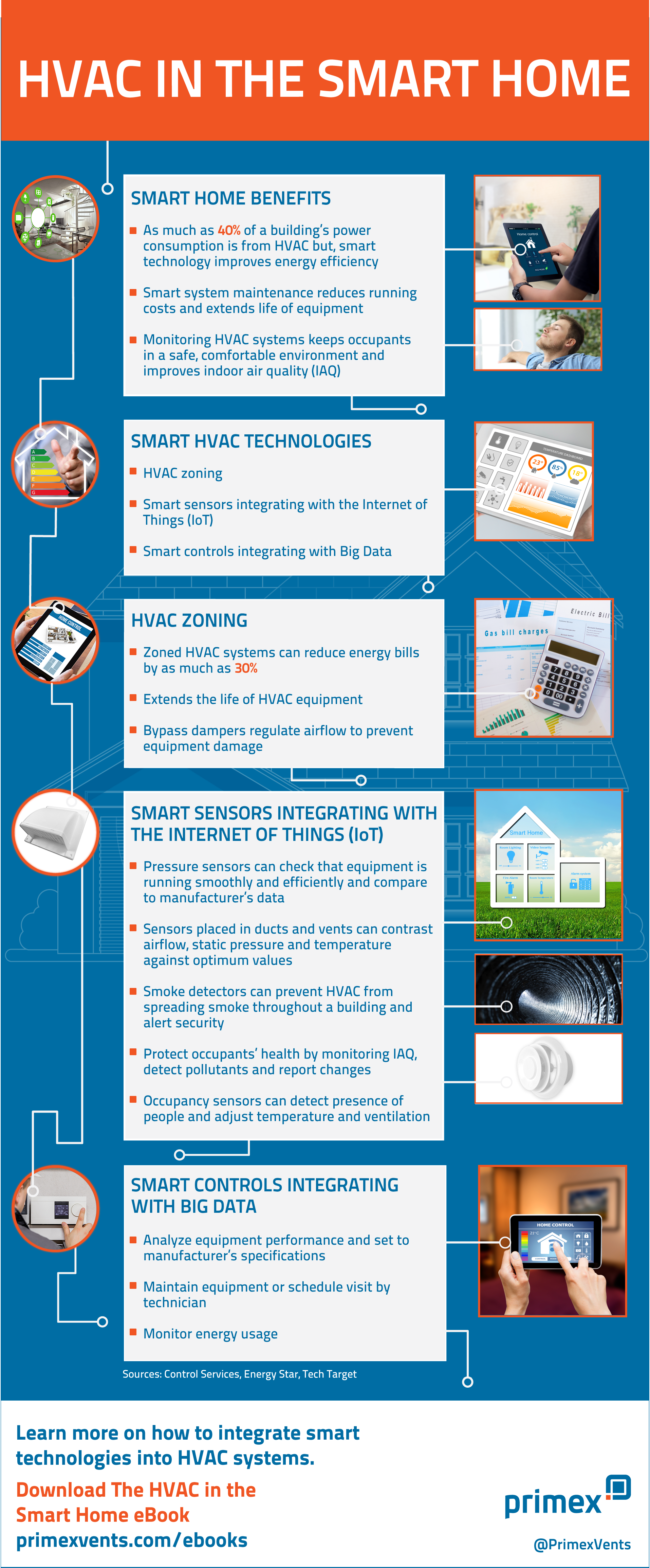Heat Pump Vs Furnace - Which Is The Better Heating Choice For Your Home?
Heat Pump Vs Furnace - Which Is The Better Heating Choice For Your Home?
Blog Article
Published By-Pearson Rose
Numerous house owners know with heaters, which warmth homes with oil or natural gas and push hot air with ductwork. They are relatively economical and can give dependable heating even throughout a winter season power outage.
Nonetheless, they utilize nonrenewable fuel sources and create carbon monoxide and various other air contamination. They additionally aren't as energy-efficient as a high-efficiency heat pump.
Cost
Usually, heat pumps are much more economical to run than heaters. They commonly use power and refrigerant to extract warm from outside air, and after that transfer it right into your home. You can make the most of less costly electricity rates during off-peak hours to further decrease your heating prices.
Unlike heat pumps, gas or wood-burning furnaces make use of combustion to create warm, discharging flue gases into the ambience that can be harmful to your health and wellness. These furnaces are also less energy-efficient than heatpump, and their higher operating expense can add up with time.
Furnaces are a lot more complicated than heatpump and need regular maintenance to make sure the appropriate feature of all components. Despite this, they often tend to last longer than heatpump with a normal life-span of 20 years or even more. However, Link Website 'll require to consider the expense of gas, gas oil or wood and the additional equipment required for installment and operation such as ducts and air flow systems.
Power Effectiveness
Heatpump have a higher energy performance rating than furnaces. These systems make use of electrical energy to scavenge warm from the air, even in freezing temperature levels. They can also get rid of excess warmth from the home throughout warmer months and reuse it to cool the system. Service provider specialists can aid you identify the very best model for your home based on climate and source power costs.
Furnaces melt gas oil, lp, gas or various other kinds of fossil fuel to warm the air in the home. This air is after that distributed through ductwork making use of a large follower. Heating systems produce greenhouse gases and require regular maintenance and equipment upgrades to ensure safe procedure.
The most significant advantage of a furnace is that it can be run even in harsh winter conditions due to the fact that it does not depend on exterior temperature levels to heat the air. Furnaces additionally have a longer life expectancy than heat pumps and usually last 15 years. They can also be coupled with dual fuel options, which choose one of the most efficient home heating alternative based upon the climate.
Climate
Heatpump work well in moderate environments and use much less resource power than heating systems. Nevertheless, if your region is extremely cold, you may need to invest in a conventional gas heating system instead.
Heaters provide cozy, cozy warm and normally offer quick heating to raise interior temperature levels. These systems can be used with a range of gas kinds, including natural gas, lp, oil or electrical power.
They consume a lot more power than heatpump-- as much as 3x as much-- and require ductwork that's pricey to install or retrofit. They're also much more pricey to maintain, as they can create air high quality concerns and create greenhouse gas exhausts.
If you're devoted to reducing your carbon footprint, a heatpump is an excellent selection for your home. They have less greenhouse gas emissions than heating systems, particularly if you pick an ENERGY STAR ® heat pump. Your regional Provider professional can describe the distinctions between these two heating unit and assist you make the very best decision for your distinct demands.
Individual Preferences
Heating systems can be extremely energy efficient when powered by gas, lp or oil, but they aren't as energy efficient as heat pumps in frigid climates. They can additionally be a lot more costly to mount, requiring gas lines and air flow systems.
Nevertheless, furnaces have a tendency to call for less upkeep, which can cause reduced ongoing expenses. They generate less greenhouse gases and are extra reputable than heat pumps throughout extreme weather condition.
Electric heatpump are a lot more versatile in developing interior comfort because they can also function as a/c during warmer months. They can be easier to preserve, requiring only regular air filter modifications and occasional vacuuming.
If you prefer the benefit of a single system that does it all, take into consideration a crossbreed heating service that sets a heating system with an electric heatpump. These systems can automatically change between both heating choices based on your home's demands and temperature problems, taking full advantage of effectiveness and savings.